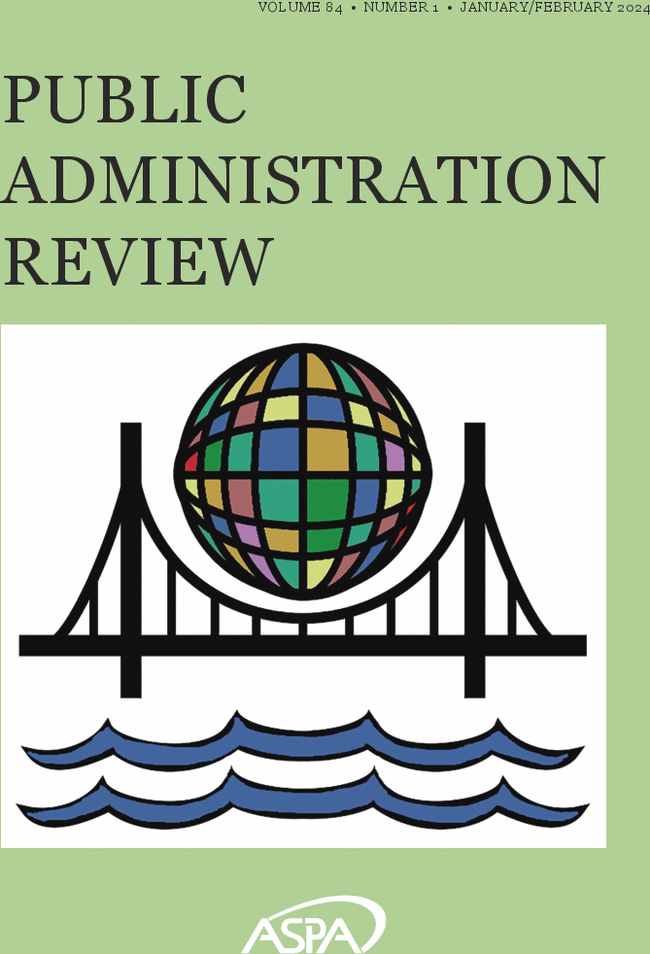Emotions and Reputation Learning by Audience Networks: A Research Agenda in Bureaucratic Politics
IF 4.9
1区 管理学
Q1 PUBLIC ADMINISTRATION
引用次数: 0
Abstract
Audiences that observe and interact with government agencies play a crucial role in shaping these agencies' reputations. However, existing research often treats these audience networks as monolithic, overlooking the inherent diversity in their cognitive and emotional processing of reputational information. This approach fails to account for the variations in how audiences experience and evaluate agencies. To address this gap, we propose a new research agenda focused on the role of emotions in bureaucratic politics. We introduce a novel theoretical framework of受众网络的情绪与声誉学习:一个官僚政治研究议程
观察和与政府机构互动的受众在塑造这些机构的声誉方面起着至关重要的作用。然而,现有的研究往往将这些受众网络视为整体,忽视了他们对声誉信息的认知和情感处理的内在多样性。这种方法没有考虑到受众在体验和评价机构方面的差异。为了解决这一差距,我们提出了一个新的研究议程,重点关注情绪在官僚政治中的作用。我们引入了一个新的声誉学习理论框架,以情感-信息理论和情感智力理论为基础,探讨情绪作为内容和过程在形成判断和信息加工中的下游效应。具体而言,我们确定了官僚声誉中基于情感的成分,并研究了情感如何影响受众的决策过程和对政府机构的看法。最后,我们概述了该框架对推进官僚政治中情感研究的四个关键贡献。
本文章由计算机程序翻译,如有差异,请以英文原文为准。
求助全文
约1分钟内获得全文
求助全文
来源期刊

Public Administration Review
PUBLIC ADMINISTRATION-
CiteScore
15.10
自引率
10.80%
发文量
130
期刊介绍:
Public Administration Review (PAR), a bi-monthly professional journal, has held its position as the premier outlet for public administration research, theory, and practice for 75 years. Published for the American Society for Public Administration,TM/SM, it uniquely serves both academics and practitioners in the public sector. PAR features articles that identify and analyze current trends, offer a factual basis for decision-making, stimulate discussion, and present leading literature in an easily accessible format. Covering a diverse range of topics and featuring expert book reviews, PAR is both exciting to read and an indispensable resource in the field.
 求助内容:
求助内容: 应助结果提醒方式:
应助结果提醒方式:


